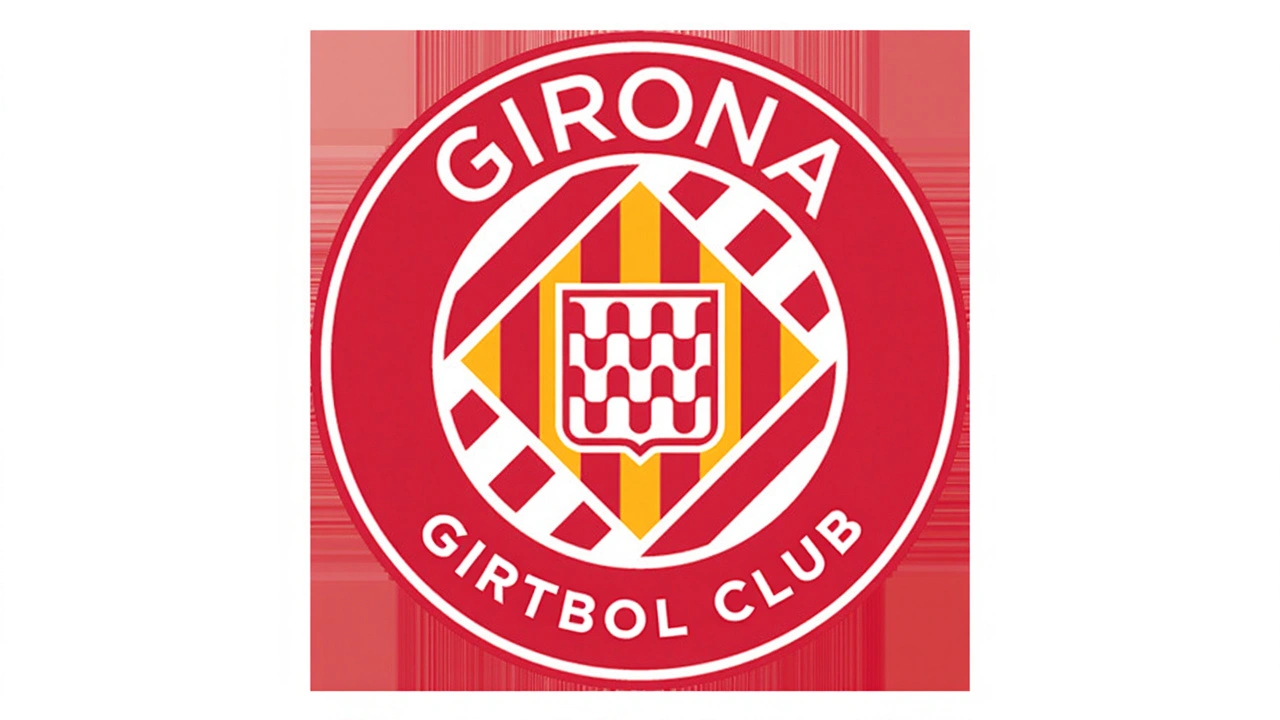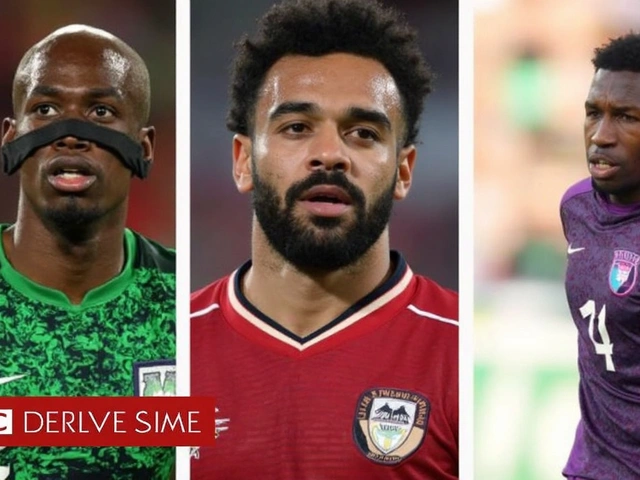La Liga relegation: the battle for survival
When talking about La Liga relegation, the process that flushes the lowest‑ranked clubs from Spain’s premier football league to the second tier at season’s end. Also called the Spanish top‑flight drop, it shapes club budgets, player contracts and fan expectations. La Liga, Spain’s top professional football division feeds directly into this drama, while the Segunda División, the second‑level league where relegated teams compete to return waits hungry for fresh entrants.
At its core, La Liga relegation is about points. A club that fails to accumulate enough across 38 matches lands in the relegation zone – usually the bottom three spots. That simple rule creates a web of strategic decisions: managers tweak line‑ups, directors negotiate short‑term contracts, and fans rally behind every point. The zone itself is a moving target; a win in week 30 can push a team out of danger, while a loss in week 33 can drag another back in. The constant flux means the battle is never over until the final whistle of the last game.
Key factors that decide who stays up
First, consistency matters more than flashes of brilliance. Teams that grind out draws against stronger opponents often finish higher than those that explode against weaker sides but lose heavily elsewhere. Second, goal difference acts as a tiebreaker, so squads aim to keep clean sheets while scoring when chances arise. Third, the financial impact of relegation forces clubs to sell high‑value players, which can weaken the squad mid‑season and create a vicious cycle. Finally, the timing of the promotion playoffs in Segunda División adds pressure: clubs hovering just above the drop zone know a slip could hand a rival a direct path back to the top.
These elements interact in predictable ways. For example, a club that loses a key striker due to a relegation‑triggered clause often sees a dip in goal production, pushing its goal difference lower and increasing the chance of finishing in the bottom three. Conversely, a well‑managed team that secures a loan deal for a prolific forward can swing the points tally enough to escape the zone entirely. In short, relegation decisions require both on‑field performance and off‑field maneuvering.
Historical patterns also offer clues. Teams that finished second‑to‑last in one season frequently bounce back after a year in Segunda División, thanks to parachute payments and a stronger roster. However, clubs that slip into the drop zone for the first time often struggle, lacking the institutional knowledge to navigate the financial hit. The promotion playoffs add another layer: the top two Segunda teams earn automatic promotion, while those finishing third to sixth battle for the third slot. This means a club just above the relegation line watches the playoff bracket closely, knowing a rival’s success could seal its fate.
Fans play a surprisingly tactical role, too. Home crowds can boost player morale, turning a tough fixture into a point‑earning opportunity. Social media pressure can influence managerial choices, prompting a change in formation or a costly substitution. When supporters organize travel to away games, they can help a struggling side snatch a vital draw, effectively buying a few extra points that might be the difference between staying up or dropping down.
All these dynamics converge in the weekly news cycle, which is why the tag page you’re looking at pulls together stories ranging from match previews, financial analyses, player interviews, and tactical breakdowns. Below you’ll find a mix of articles that cover the latest La Liga relegation updates, club reactions, and the broader impact on Spanish football. Dive in to see how each piece fits into the larger puzzle of survival and ambition in Spain’s top flight.
Girona FC Upset Valencia CF 2-1 to Escape Relegation Zone
By Sfiso Masuku On 5 Oct, 2025 Comments (16)

Girona FC beat Valencia CF 2-1 at Estadi Montilivi, lifting them out of La Liga's relegation zone and sparking new optimism for the season.
View More




